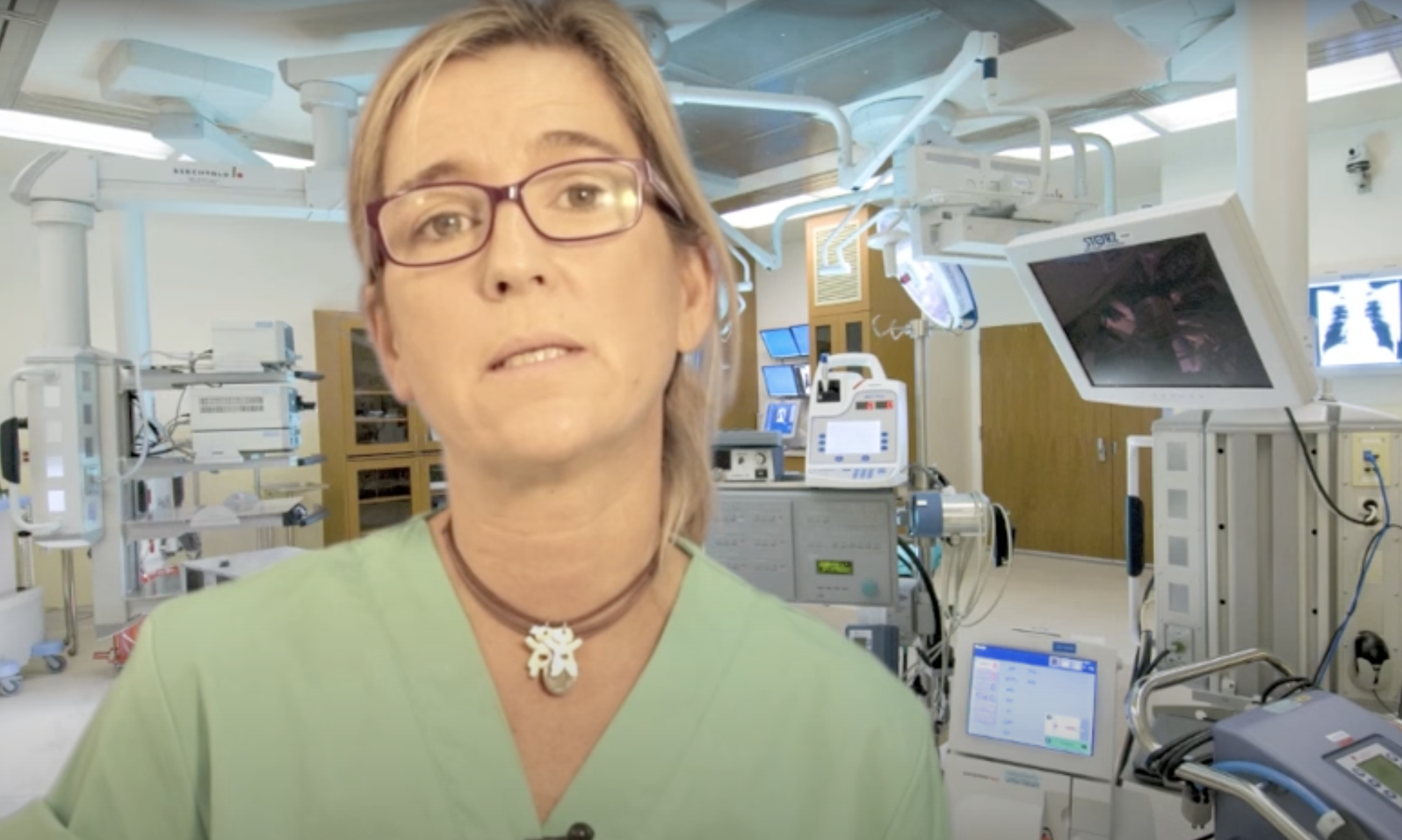Risks and complications of surgery
As with any major surgery, there are operative risks that must be weighed, understood, and compared with the risks of remaining with severe obesity. There are early risks (after the intervention) and late risks:
Early risks:
- Thrombophlebitis (blood clots in the legs) with the risk of pulmonary embolism. This is prevented with heparin and early mobilization.
- Pulmonary collapse (atelectasis) or pneumonia. Especially in smokers or people with respiratory problems. They are prevented by performing breathing exercises.
- Infection of the wound.
- Failure of the sutures in the stomach or intestine. They are rare but very serious, sometimes requiring reoperation.
- Fever: usually due to infection of the wound, respiratory, or urine.
- Spleen injury: rare, but sometimes requires removal.
- The mortality rate of these interventions is around 1-2%. Other complications occur in 10% of patients, and are serious in 1% of cases. Any reoperation poses a higher surgical risk.
Late risks:
- Vomiting: usually due to non-compliance with dietary guidelines (eating quickly, not chewing, mixing solids with liquids, overeating, etc.).
- Intolerance to certain foods (meat, bread, etc.): sometimes occurs with restrictive techniques, although they usually disappear over time.
- Narrowing of the stomach outlet ring (gastroplasties): due to inflammation or ulcer at that level, causes persistent vomiting. It usually heals with medication and endoscopic dilatations.
- Hernia of the surgical wound: more frequent in obese patients due to weakness of the abdominal wall. Requires surgery.
- Intestinal obstruction due to adhesions: rare, but may require surgery.
- Sagging skin: when losing weight, the skin of the abdomen, arms, legs, etc., becomes flaccid. It is corrected with plastic surgery.
- Insufficient weight loss: sometimes a reason for a new intervention.
- Malnutrition or vitamin deficiencies: rare if dietary guidelines are followed and vitamin supplements are taken.
- Diarrhea, foul-smelling stools: sometimes occurs with bypass techniques.
- Psychosocial imbalances: sometimes require psychological support.
VIDEO
Risks of Obesity Surgery
Dr. Hernández Pérez tells us more in detail.



